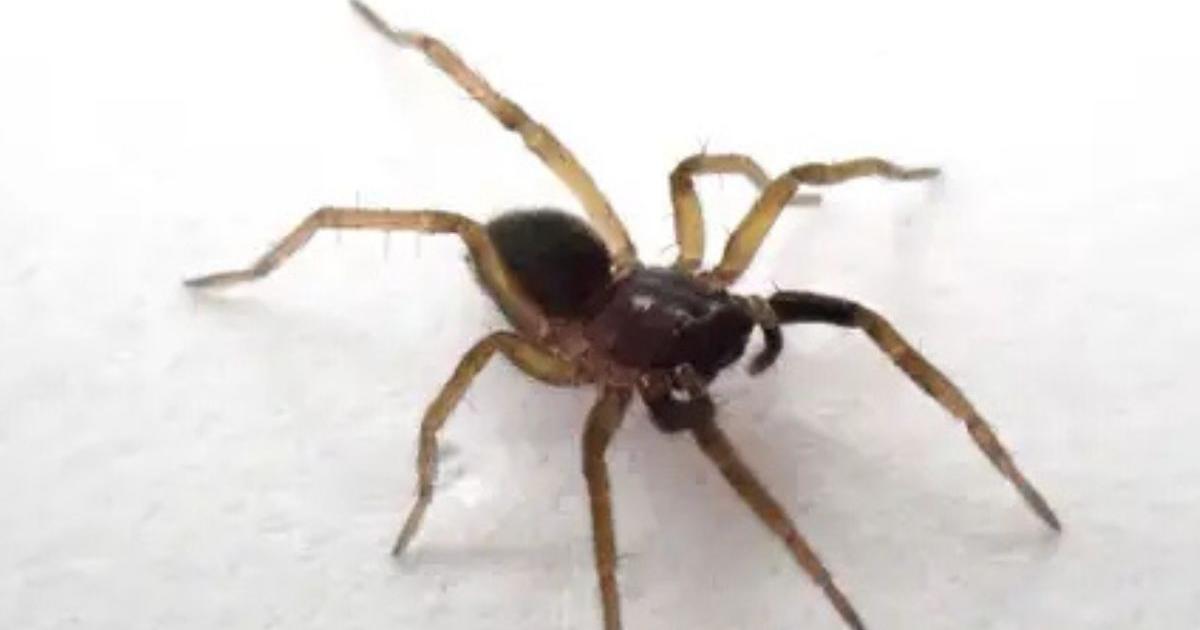The find was called a “major conservation success”.
The team that found the tiny orange-legged arachnid, Aulonia albimana, which was last recorded in the UK in 1985, have informally named the species the white-knuckled wolf spider.
It’s spooky season, but let’s not make it scary for wildlife! 🎃👻
Fake web decorations can trap and injure our garden wildlife. Stick to sustainable, indoor decorations and let real spiders do the work outdoors!
Share these tips & help spread awareness 👇 pic.twitter.com/loa3XdLLmG
— RSPB (@Natures_Voice) October 21, 2025
Entomologist Mark Teller, who discovered with colleague Graeme Lyons, said the name was inspired by the distinctive pale “knuckles” on its palps – small leg-like appendages at the side of the mouth – and a race against the clock to find it.
He said: “This is one of those unforgettable discoveries. To find a species thought lost for 40 years is thrilling – and testament to how the right habitat management, combined with curiosity and collaboration, can deliver remarkable results.”
Mr Lyons said: “I suggested calling it the white-knuckled wolf spider because this was probably the longest long shot I’ve ever taken part in.
“We had just four hours at the site where this spider was last seen 40 years ago, before our boat came to pick us up.
“I found the first one with just nine minutes to go, and the second one in the last minute. I’ve seen 559 species of spider in the British Isles and this one was by far the most exciting find.”
The team located the spider in a remote overgrown area of the reserve accessible only by boat, about 2km away from the spider’s former colony.
Recommended reading:
5 toxins that can be found in your bedroom – how to stop them
Influencer suggests Brits ditch Benidorm for Afghanistan
7 speed camera myths that drivers need to know about
They said wolf spiders – of which there are about 38 species in the UK – were named for their agile hunting skills as they chase their prey along the ground and pounce on them, although they can also spin a “flimsy web”.
Dr Helen Smith, conservation officer for the British Arachnological Society, said: “The remarkable discovery of this dapper little spider on the Isle of Wight is one of Britain’s epic ‘lost species’ rediscoveries of the century.
“With repeated failure to find it at its former sites, where its open habitat has been lost, it seemed increasingly likely that it had joined the country’s sad list of extinct species.”

